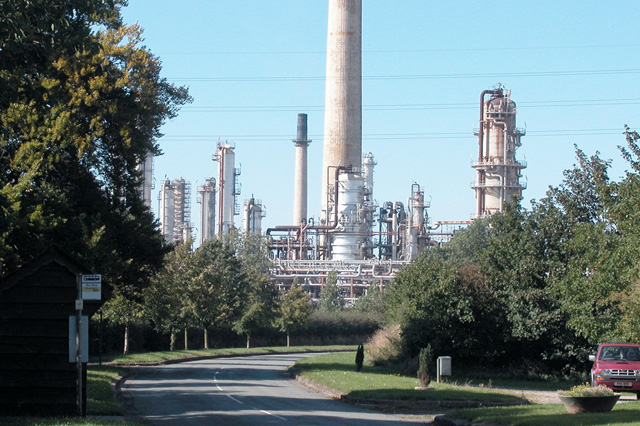What is the UK’s policy approach to carbon capture, usage and storage (CCUS)?

Carbon capture, usage and storage (CCUS) refers to a suite of technologies that enable the mitigation of carbon dioxide (CO2) emissions from large point sources such as power plants, refineries and other industrial facilities, or the removal of existing CO2 from the atmosphere.
CCUS is expected to play a crucial role in meeting global climate targets. Leading organisations including the International Energy Agency, International Renewable Energy Agency, Intergovernmental Panel on Climate Change and Bloomberg New Energy Finance have all produced long-term energy outlooks that rely on a rapid expansion of CCUS in order to limit global temperature rise to 1.5°C. In the UK, the different scenarios produced by the Climate Change Committee (CCC) for reducing UK emissions to net zero by 2050 include at least 70 million tons of CO2 (MtCO2) being captured annually by that year.
CCUS could be an important area of focus if the UK is to capture economic growth opportunities during its transition to net zero emissions, given its comparative advantages in the production and further innovation of CCUS products and technologies. CCUS is also shown to generate above-average returns to public investments in innovation among a set of clean and emerging technology areas.
Currently, there are no commercial applications of CCUS in the UK, but the Government has a target to capture and store 20–30 MtCO2 (including removals) per year by 2030. In 2019 the House of Commons Business, Energy and Industrial Strategy Committee described CCUS policy in the UK as having had a ”turbulent” history, as illustrated by the cancellations in 2011 and 2015 of two major funding competitions at a late stage. The National Audit Office later concluded that both competitions suffered to varying degrees from an insufficient understanding of commercial risks and costs and a lack of early cross-departmental agreement on budgeting. There has since been a step change in policy support alongside significant industry appetite for CCUS, following the acknowledgment by the CCC that these technologies are ”a necessity not an option” for the UK to achieve net zero emissions.
In 2020, a year after the UK legislated its 2050 net zero target, £1 billion of government investment was confirmed to support the deployment of CCUS in four industrial clusters. The North West and East Coast clusters were subsequently selected for initial support and are set to enter operation by the mid-2020s, with two further clusters due to come online by 2030. This ‘cluster sequencing’ process was complemented by the 2023 announcement of a longer term funding package of up to £20 billion for CCUS in the UK, “to help meet the government’s climate commitments”. Further clarity is needed on how this announced figure will be used and how its costs will be recovered.
A number of direct air carbon capture and storage (DACCS) projects have also been selected for government support under a separate competition for greenhouse gas removal technologies.
This Explainer was written by Esin Serin.

